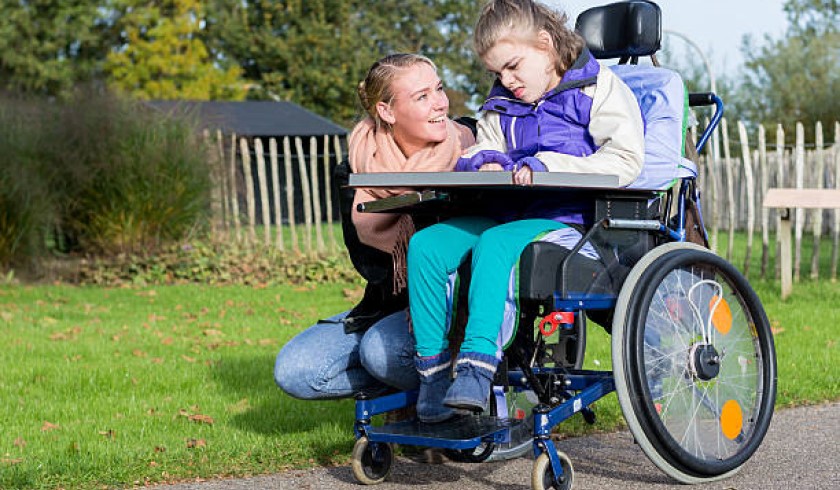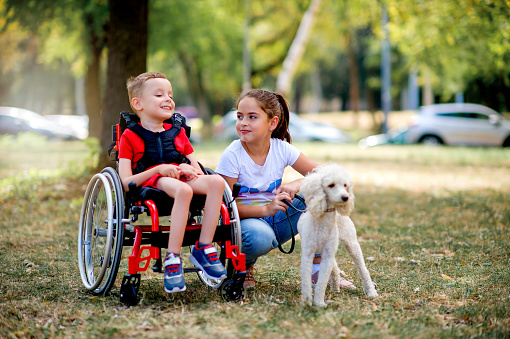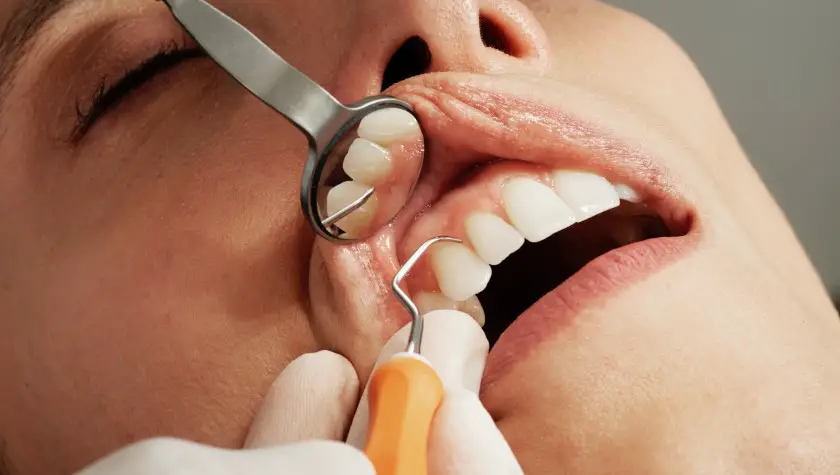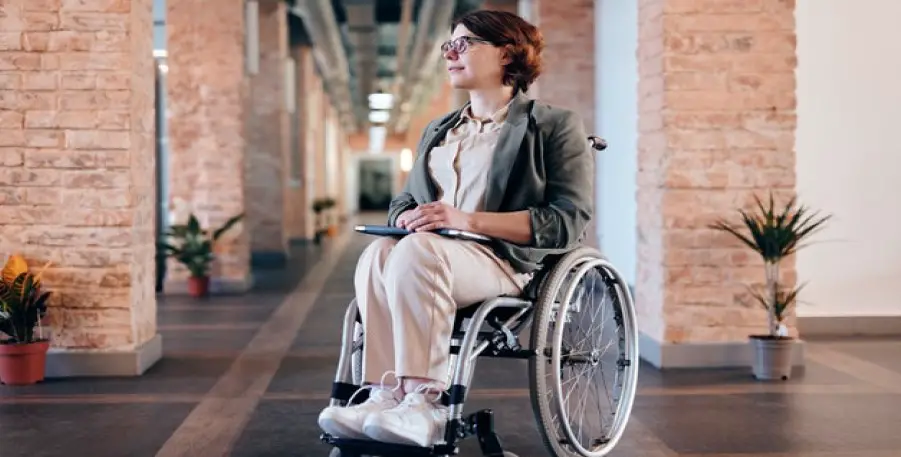Little ones are cute, adorable, and fun to play with most of the time.
Taking care of them, however, is a different scenario entirely, because it is not always as easy as it might seem.
As a caregiver, you need to understand that every child is not the same. They differ in their attitude, actions, wants, likes, dislikes, and even at the core of their being.
This is to show that the way you care for a little one may not be the same as the other little one.
Regardless of the kind of little you are caring for, how do you become a good caregiver to them?
What qualities and virtues should you possess to be considered a good caregiver?
You’ll find out answers to these questions and more as you read on.
Table of Contents
7 Essential Ways to Be a Good Caregiver to a Little
1. Study and take note
As a caregiver, caring for a first-time little (or even if it’s not your first time caring for a little), a very essential and safe thing to do is to first study the child.
Just as discussed earlier, all children are different; therefore, study the particular one you’re to care for.
- What does he like? What piques his interest?
- Who is he comfortable or uncomfortable around?
- What signs or warnings do certain body languages represent?
- Who and what does he play with?
- What makes him cry or laugh or moody?
- How do you sense that something is wrong?
Once you can have the appropriate answers to these questions, you’re guaranteed to have an easy and smooth relationship with the child.
In addition, you should know and accept the child for who he is and also note the reason behind his actions.
Related: 7 Easy Ways to Deal with a Difficult Client as a Caregiver
2. Listen and be attentive
Not all children love to talk or talk a lot. But the ones that do talk, definitely want to be listened to.
Therefore, it is your duty as a caregiver to be a good listener. No one wants to feel like what they are saying doesn’t matter to the listener.
Listen to him when he talks about how his day was, the new friend(s) he made, the new student(s) in his class, his favorite movie, his best friend, his observations, and opinions on even things that you might not consider relevant.
Ask questions to fill into the conversation so that he knows you are listening.
Also, pay attention to his actions and attitudes, especially when he doesn’t speak.
This is important because his actions would be loud and clear enough for you to understand what’s bothering him.
3. Build self-confidence

Childhood is very delicate; it often contributes to determining who the child would become in the future.
Your actions towards the child will affect the child’s development in terms of confidence. A child whose confidence is always downplayed might lack self-confidence when he grows older.
A good caregiver should show the child much love and compassion in words and actions.
Build his self-confidence by allowing him to do things on his own without interrupting or discouraging him.
Don’t shout at him when he tries to speak to you, for he might find it hard to disclose his worries and problems due to the fear of being shut down.
Try to be positive and also emit positivity as much as you can around the child.
Related: Can You Be a Caregiver At 17? (Answered)
4. Cultivate the habit of trust and respect
As a caregiver, since you play and joke around with the little one, you should also leave space for trust and respect in your relationship with the little one.
Endeavor to set boundaries too. Your little should know when you are joking and when you are being serious.
Your “NO” should mean “NO” to them, without further argument or whining. If any whining or argument persists, then there should be consequences in place for him.
Also, respect is reciprocal. So, respect your little in the best possible way you can as this builds a solid trust for you in him.
Let trust and respect be the building block in your relationship as it influences every decision or action to be taken.
5. Be ever-present
Little ones value your presence more than anything, especially if they are very fond of you as a good caregiver.
Even if you aren’t doing anything for them at the moment, the knowledge that you are around and that they can reach out to you anytime they want puts them at ease.
Spend quality time with your little one as this strengthens your bond in the relationship.
Be there to witness their best and worst moments. And be involved in what they are doing occasionally.
Take them out to have a remarkable moment. Tell them jokes and stories, be cheerful around them, read them bedtime stories, and many amazing things that could fill in this space.
Related: Can a Caregiver Have a CPL? (Answered)
6. Exercise patience

Dealing with a little can sometimes test your patience.
Patience is one of the great qualities that every good caregiver must-have. Patience is a virtue that you should exhibit at all times.
Remember, they are all little and don’t know much about anything. So, when they do something wrong, don’t beat or shout at them.
Avoid getting frustrated; instead, talk it out with them.
They are little, yes, but they know when they do something wrong.
And when you talk to them about it instead of shouting or venting, they feel understood and there is a better chance of them not repeating the same mistake(s) next time.
7. Be empathic
Expressing love, concern, and compassion for a little is an important part of their childhood.
A child who feels loved in all ways will behave differently from a child who isn’t loved.
Every good thing comes with love, and a loved child breeds happiness.
Also, show extra concern and care for children that aren’t like the others, especially those that have slow growth and development or suffer from any form of disabilities.
They are the ones that feel the most unloved.
Unloved children tend to be socially inept. And if they aren’t accepted at home, chances are that they won’t be accepted in society as well.
Showing how much you love, care, and worry about a little will help their development in school, amidst their friends, and the society in general.
It will equally help to present you as a good caregiver.




